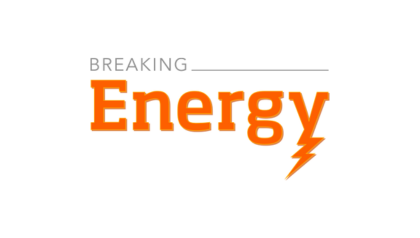
U.S. Secretary of Energy Spencer Abraham (L) and Russian Minister of Energy Igor Yusufov (C) listen to an employee at the U.S. Strategic Petroleum Reserve’s Bryan Mound facility October 1, 2002 in Freeport, Texas . Yusufov is the first person from the former Soviet Union to visit one of the facilities responsible for storing the nation’s emergency oil supply. Abraham said the Bush administration would not release supplies from the reserve, despite prices topping $30 per barrel and calls from Democratic lawmakers to use the reserve to stabilize gasoline and heating oil prices.
The US Strategic Petroleum Reserve was established at a time when US refining configuration and oil production profile looked very different. Given new realities, Energy Secretary Moniz is calling for system modifications. “The Government Accountability Office warned in 2006 that in an emergency, refineries configured to use heavy crude would not be able to efficiently the oil stashed away in the Strategic Petroleum Reserve and would likely pare production of some petroleum products. That could spur increases in prices for heavy crude products, blunting the ability of the U.S. to use the reserve as a weapon against economic damage amid disrupted oil supplies.” [Fuel Fix] (and be sure to read the above caption for a chuckle)
SolarReserve was chosen to build a 100-MW solar plant with storage in South Africa. “Acceptance of the bid means the companies can now proceed to financial close, expected this year, and the signing of a power-purchase agreement with state-owned utility Eskom Holdings SOC Ltd. The Redstone plant, near Kimberley, is expected to start working in early 2018, California-based SolarReserve said today in a statement on its website.” [Bloomberg via Renewable Energy World]
Congress is considering raising the federal gasoline tax that’s been unchanged since 1993, citing lower oil and refined product prices as an ideal time to push the measure through. The Highway Transportation Fund, which is fed by the gas tax, is in trouble and needs additional resources. Fixing the country’s ailing infrastructure should be the motivation for increasing the gasoline tax, not oil price volatility which happens to be at the low end of the recent spectrum. But that is not a recipe for re-election. “Pelosi also acknowledged the difficulty in passing such a tax increase regardless of the price at the pump; the combination of industry lobbying and bipartisan pressure from oil-state lawmakers has sunk such efforts for more than two decades.” [The Hill]
